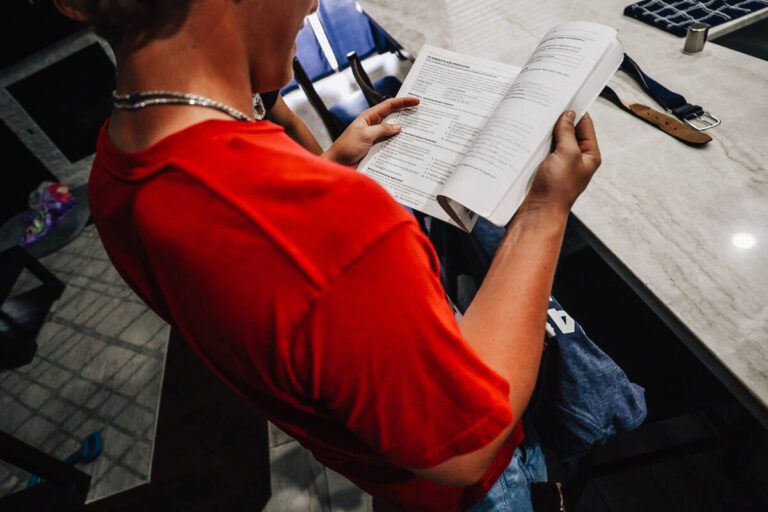Transitioning from Homeschooling to Public School: Challenges and Insights
In recent years, homeschooling has seen significant growth, particularly during and after the COVID-19 pandemic. However, families re-entering the public school system often encounter unexpected difficulties in this transition.
The Case of Student Transfers After Homeschooling
Vickie Foster and Jade Schoppmann, parents from Clark County, illustrate the struggle many face when re-enrolling their children in public schools. After concluding eighth grade in 2023, they opted to homeschool their sons for another year, believing they were insufficiently prepared for high school.
When their sons began ninth grade at Shadow Ridge High School in August 2024, they were shocked to receive an email indicating an administrative error. According to Registrar Rebecca Hoffman, since one son, Dylan, was not retained in eighth grade, he was required to enroll directly in tenth grade despite lacking ninth-grade credits.
Public School Policies on Grade Placement
The Clark County School District (CCSD) maintained that students are assigned to grades based primarily on their age as of August 1. This policy left the Foster and Schoppmann families navigating a lengthy public concern process, which concluded with the Interim Superintendent reiterating the district’s stance.
Families transitioning from homeschooling often discover that school administrators may not recognize homeschool credits, leading to placement in grades that do not align with their children’s academic history.
Legal and Educational Implications
Attorney Gus Flangas sheds light on the growing complications families face upon returning to public education. He emphasized that parents traditionally hold the responsibility of determining their child’s education, yet the school districts retain the ultimate say in grade placement.
Flangas’ insights come amidst a lawsuit he is handling on behalf of the Goodwin family, who encountered similar issues. Their decision to homeschool stemmed from their child’s academic difficulties during the pandemic, yet upon seeking re-entry into public school, they too found their son placed in a grade that contradicted their wishes.
The Emotional Toll on Students and Families
Guillermo Negron expressed frustration regarding his son’s transition back to school. After the challenging personal circumstances of an illness in the family, his son was also required to advance to tenth grade without the proper emotional and academic readiness.
“It’s really frustrating as a parent,” Negron stated. The pressure of being placed in a grade not aligned with one’s academic capability can create significant anxiety for students. Oliver Schoppmann also faced similar challenges, struggling with anxiety, further complicated by family stresses during his eighth-grade year.
The Bigger Picture: Educational Policy and Future Solutions
As the number of families navigating these transitions grows, experts indicate that the implications extend beyond individual cases. Flangas noted that public school decisions might often prioritize administrative logistics over the educational needs of returning students.
Education advocates, including Elissa Wahl of the Nevada Homeschooling Network, emphasize the importance of recognizing parental rights in educational decisions. She advocates for revisions in policy that support families seeking to ensure their child’s academic success.
“Our hands are tied at this point,” Foster lamented regarding her experience with the school district’s rigid policies. Many parents echo this feeling, reinforcing the need for ongoing discussions about educational autonomy and student well-being.
Conclusion
The challenges faced by families returning from homeschooling to public schooling highlight the complexities of current educational policies. As awareness of these issues increases, stakeholders in education must work collaboratively to create solutions that prioritize both student welfare and educational integrity.


